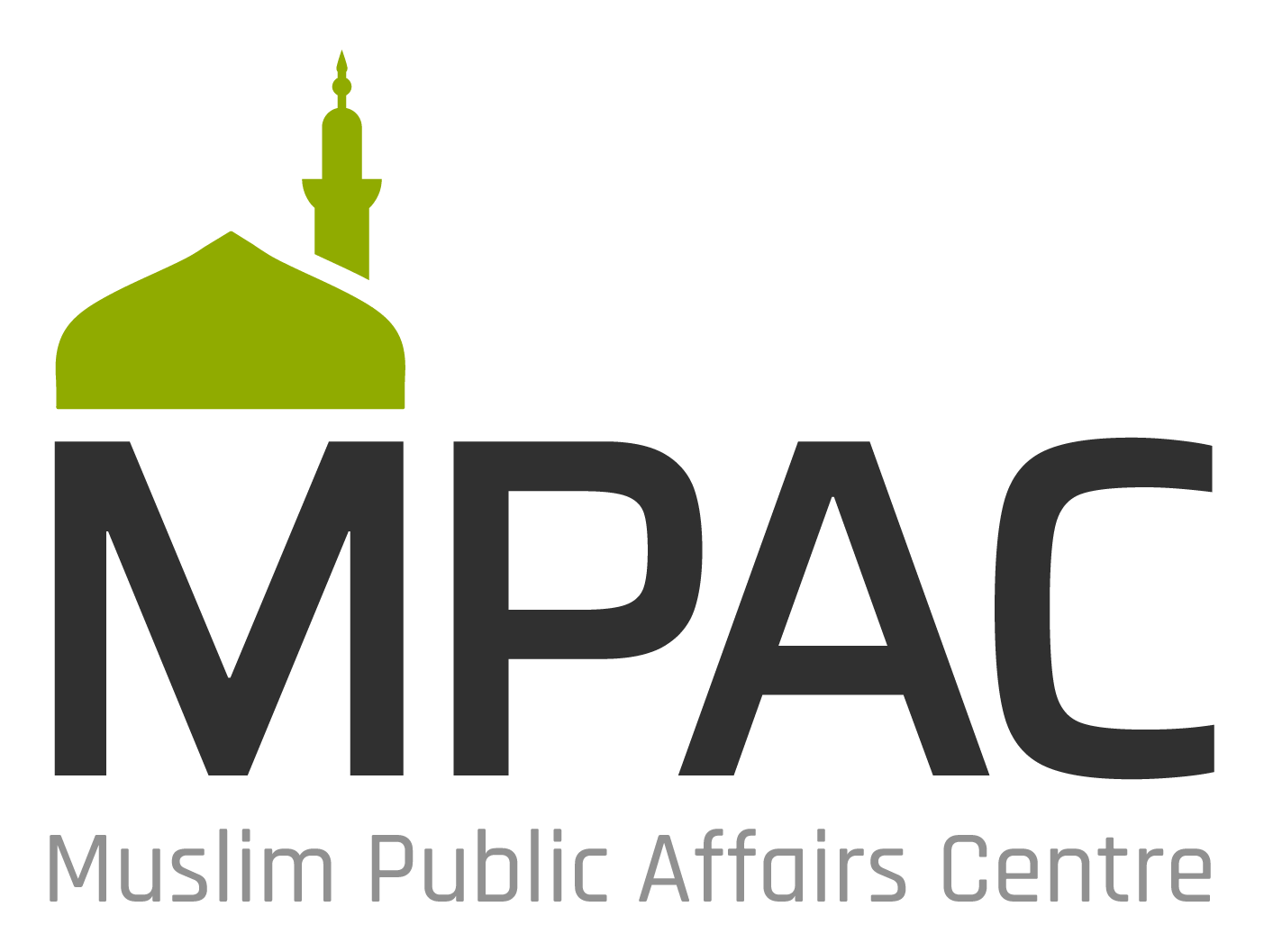At the Muslim Public Affairs Centre (MPAC), we champion the rights of individuals who choose to wear the hijab, along with the principles guiding their decision. At the same time we promote empowerment and freedom to practice hijab in safety. We believe that the female Muslims should be free to express their religious beliefs free of discrimination and prejudice. This is why we have continued to support initiatives like the World Hijab Day campaign.
The hijab stands as a symbol of honor, respectability, chastity, and modesty, embodying a steadfast commitment to high moral standards. Contrary to media portrayals, the Muslim woman’s attire is not a tool for political agendas or a mere fashion statement. Rather, it epitomizes the inherent dignity of every Muslim woman, a right enshrined by the constitution of our beloved Nigeria.
It is imperative to address the plight faced by defendants, particularly hijab-wearing individuals, accused of crimes or wrongdoing. Despite the fundamental presumption of innocence, the experience of an hijabi detained in a police station often involves the unjust stripping of her hijab and niqab, sometimes even her outer garments. Such actions not only violate her constitutional right to dignity but also contravene our nation’s commitment to the fair treatment of all individuals, regardless of their legal status. Our laws unequivocally prohibit torture and ill-treatment of prisoners, reaffirming our collective commitment to justice and human rights.
As a community and as a nation, our strength lies not in our treatment of the powerful and influential, but in our care for the weak and vulnerable among us. Let us uphold the principles of compassion, fairness, and justice, guided by our faith in Allah, our adherence to Islam, and our reverence for the teachings of Prophet Muhammad (peace be upon him).
We therefore call on the Inspector General of Police to sensitize officers in the force on the Rights of defendants and upholding the presumption of innocence until a court of competent jurisdiction pronounces a defendant guilty. And even at such times, to still uphold the fundamental Rights of such person while conforming to the requirements of such person’s sentence.







No comment